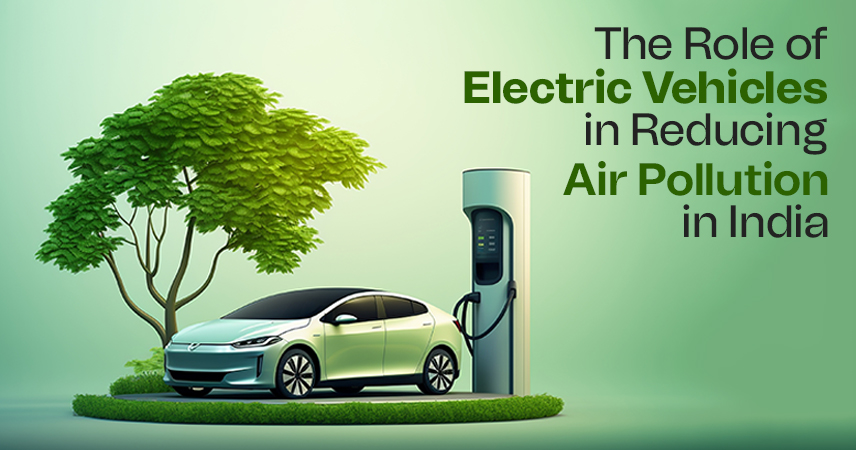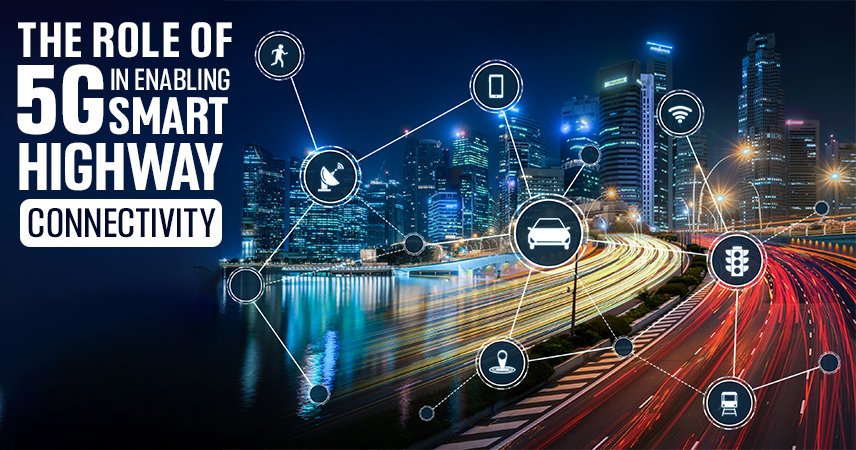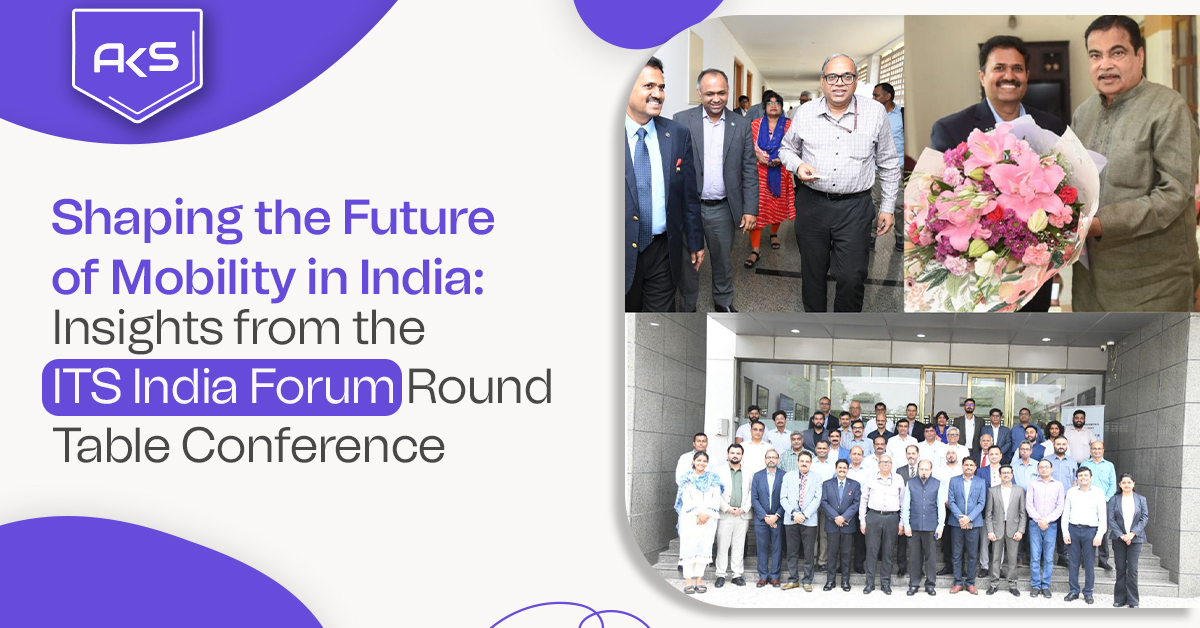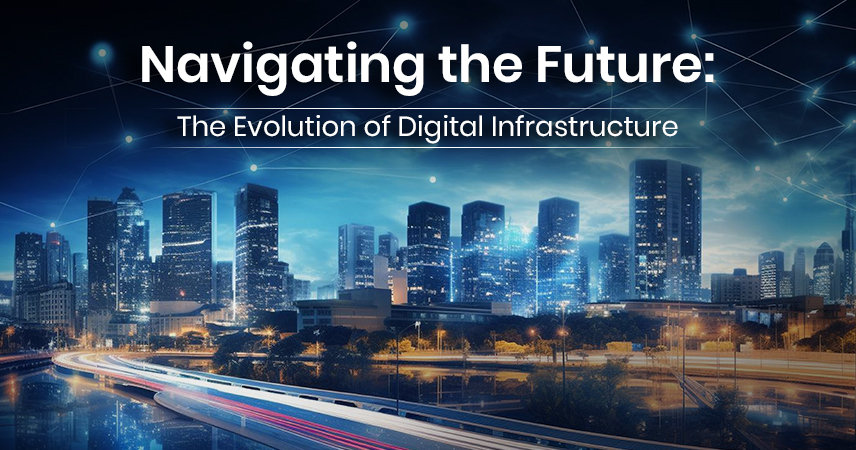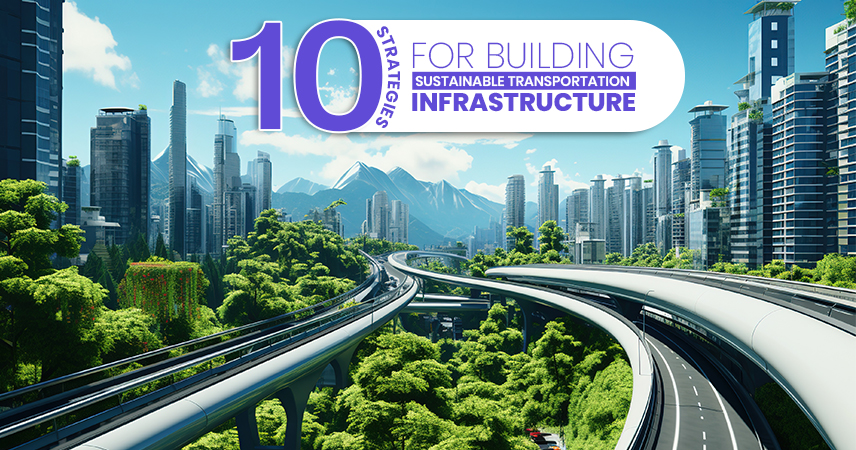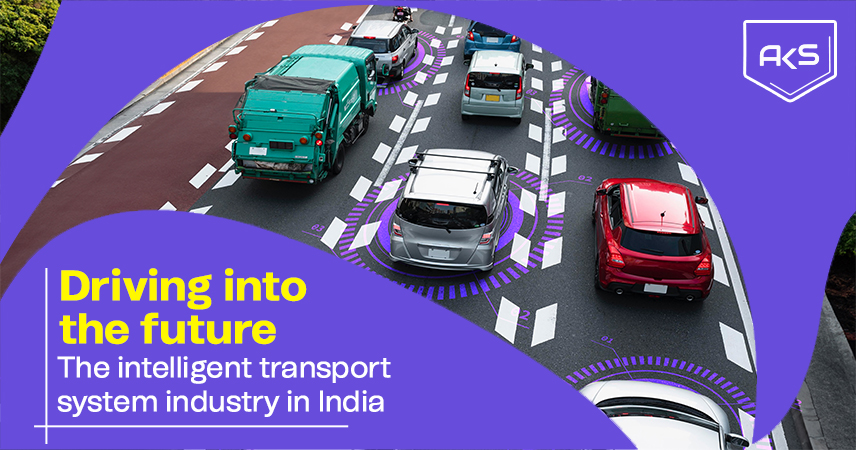
Driving into the Future: The Intelligent Transport System Industry in India
- By Admin
- 25-01-2024

Introduction:
India is currently experiencing a significant transformation in its transportation sector with the introduction of Intelligent Transport Systems (ITS). Through this article, we aim to delve into the notable advancements, pivotal technologies, challenges, and the promising prospects of the ITS industry in India.
The Current Landscape:
India's transportation networks are renowned for their dynamism but are also riddled with issues such as congestion, pollution, and safety concerns. The necessity for a more intelligent and efficient system has paved the way for the integration of advanced technologies.
Game-Changing Technologies:
1. Connected Vehicles (V2X):
Connected vehicles form the core of ITS, enabling real-time communication between vehicles and infrastructure. This interconnected network facilitates the exchange of critical data, leading to enhanced traffic flow, reduced congestion, and improved safety.
2. AI-powered Traffic Management:
Artificial Intelligence is revolutionizing traffic management by dynamically analyzing and responding to traffic patterns. AI algorithms optimize traffic signals, reroute vehicles, and predict congestion spots, resulting in shorter commutes, reduced fuel consumption, and an overall smoother travel experience.
3. Electric Mobility and Smart Charging:
India is embracing electric mobility as a sustainable solution. Smart charging infrastructure and advancements in battery technology are making electric vehicles (EVs) more viable. This shift towards cleaner transportation includes e-rickshaws, buses, and cars, contributing to a greener future.
4. Multimodal Integration:
ITS promotes the integration of various transportation modes, breaking down silos between buses, metros, and railways. Intelligent ticketing systems and real-time journey planning make commuting seamless, enhancing the overall efficiency of the transport system.
Challenges to Address:
1. Data Privacy and Cybersecurity:
As ITS heavily relies on data exchange, ensuring the privacy and security of this data is paramount. Robust cybersecurity measures are essential to protect against potential threats.
2. Legacy Infrastructure Integration:
Integrating intelligent technologies with existing infrastructure poses a challenge. Upgrading and retrofitting are necessary steps to ensure a smooth transition to an intelligent transport system.
3. Affordability and Equitable Access:
To make ITS accessible to everyone, affordability and equitable access must be prioritized. Solutions should cater to diverse socioeconomic backgrounds and geographical locations.
4. The Path Ahead:
Despite challenges, the ITS industry in India holds immense potential. It's not just about adopting advanced technologies; it's about reshaping cities, reducing environmental impact, and enhancing the overall quality of life. With strategic vision, collaborative efforts, and targeted investments, India can emerge as a global leader in intelligent transportation.
Conclusion:
The Intelligent Transport System industry in India is propelling the nation towards a futuristic and sustainable transportation ecosystem. As the journey continues, stay tuned for more updates on ground-breaking developments and innovations that will shape the future of transportation in India. The road ahead is exciting, and the destination is a smarter, more connected future.
